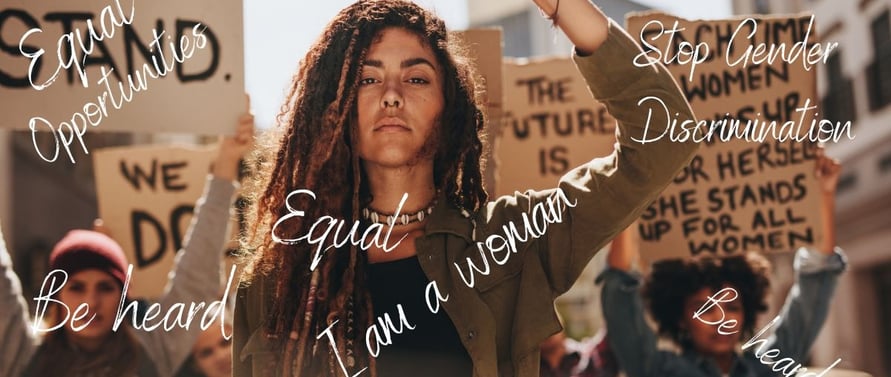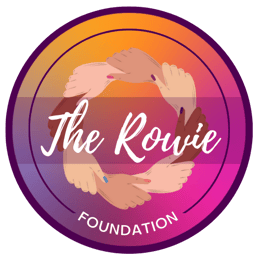Empowering Women of Color in Finance: Tackling Inequalities and Providing Opportunities
This blog article examines the challenges that women of color frequently face in the financial industry and considers how providing them with opportunities can help them succeed and improve their overall financial situation.
Tin C
10/11/2023


Women of color have historically faced barriers to financial achievement, including gender role discrimination, cultural biases, and other forms of oppression. Recognizing these challenges, financial empowerment becomes a crucial aspect of modern living. This blog article examines the challenges that women of color frequently face in the financial industry and considers how providing them with opportunities can help them succeed and improve their overall financial situation. Let's explore this important topic further.
The Inequalities in Finance Faced by Women of Color
Women of color frequently encounter specific financial difficulties brought on by systemic racism, gender injustice, and economic inequity. These difficulties manifest in various ways:
Income Disparities: In comparable positions, women of color generally earn less than their male and white female counterparts.
Limited Access to Financial Resources: Historical prejudice has made it harder for some people to access financial resources, such as loans, investments, and property ownership opportunities.
Wealth Gap: Building generational wealth is more challenging for women of color due to the significant wealth gap between them and their white counterparts.
Security in Retirement: Women of color frequently lack access to retirement savings plans, making them more vulnerable as they age.
Financial Literacy Gaps: There is a lack of financial education tailored to address the specific demands and difficulties that women of color experience.
To alleviate these inequalities, it is essential to provide women of color with the financial opportunities they need to succeed. Here, we list several actionable steps and projects that could be beneficial.
1. Accessible and Culturally Appropriate Financial Education Programs: The need for accessible and culturally appropriate financial education programs comes first. By addressing issues like budgeting, saving, and retirement planning, these programs should enable women of color to make wise financial decisions.
2. Equal Access to Credit and Loans: It is critical to push financial institutions to provide women of color who run businesses and are entrepreneurs with equal access to credit and loans. Supporting programs that advance fair lending standards is crucial.
3. Mentorship Programs: Creating networks and mentorship programs that pair successful individuals in the banking sector with women of color can be highly useful. Mentoring can offer invaluable advice and open doors to a variety of opportunities.
4. Resources and Funding for Businesses: Helping women of color start and grow their businesses with resources and funding opportunities explicitly designed for that purpose can have a significant impact on the stability of their finances.
5. Advocating for Legislative Changes: Another essential step in achieving financial equality is advocating for legislative changes that address systemic inequalities in finance, such as pay fairness, fair lending procedures, and anti-discrimination laws.
6. Support for Locally Based Groups: Last but not least, it is critical to assist locally based groups that work to empower women of color financially. These groups can provide specialized solutions since they have a thorough awareness of regional problems.
With these considerations in mind, The Rowie Foundation is more determined than ever to continue building its foundation as it empowers women one at a time. With the support of our community and people who share our beliefs and vision, we can make a difference one woman and one community at a time.
